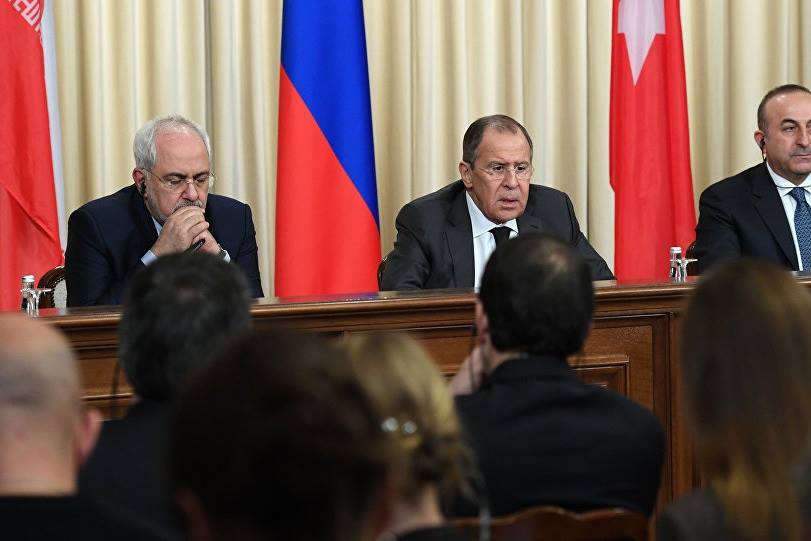Home » Iran, Russia and Turkey: the Syrian troika
Iran, Russia and Turkey: the Syrian troika


Discussions on the Syrian ceasefire will resume on Monday as the deal’s architects discuss monitoring mechanisms.
Brokered on Dec. 30, the troika’s ceasefire was a major breakthrough in Syria’s almost six-year conflict. Yet progress was stalled by the Syrian government allegedly violating the truce in January –key rebel groups, including the influential Free Syrian Army, pulled out of the deal on Jan. 3 in response.
Monday’s meeting must also contend with intensified fighting between rebel groups. In January, UN-designated terrorist organisation Jabhat Fateh al-Sham (JFS) attacked groups attending the Astana talks, pushing smaller groups to either JFS or local rival Ahrar al-Sham. Russia, Iran and Syria recognise both factions as terrorist organisations. By doing so, these countries can target the two groups and their allies under the auspices of counterterror operations even if a peace accord is reached. This is likely to prolong Syria’s insurgency.
While attendees will hail the ceasefire’s success on Monday, sustainable peace in Syria is still a long way off.
Go deeper: The future of Russia-Iran relations

